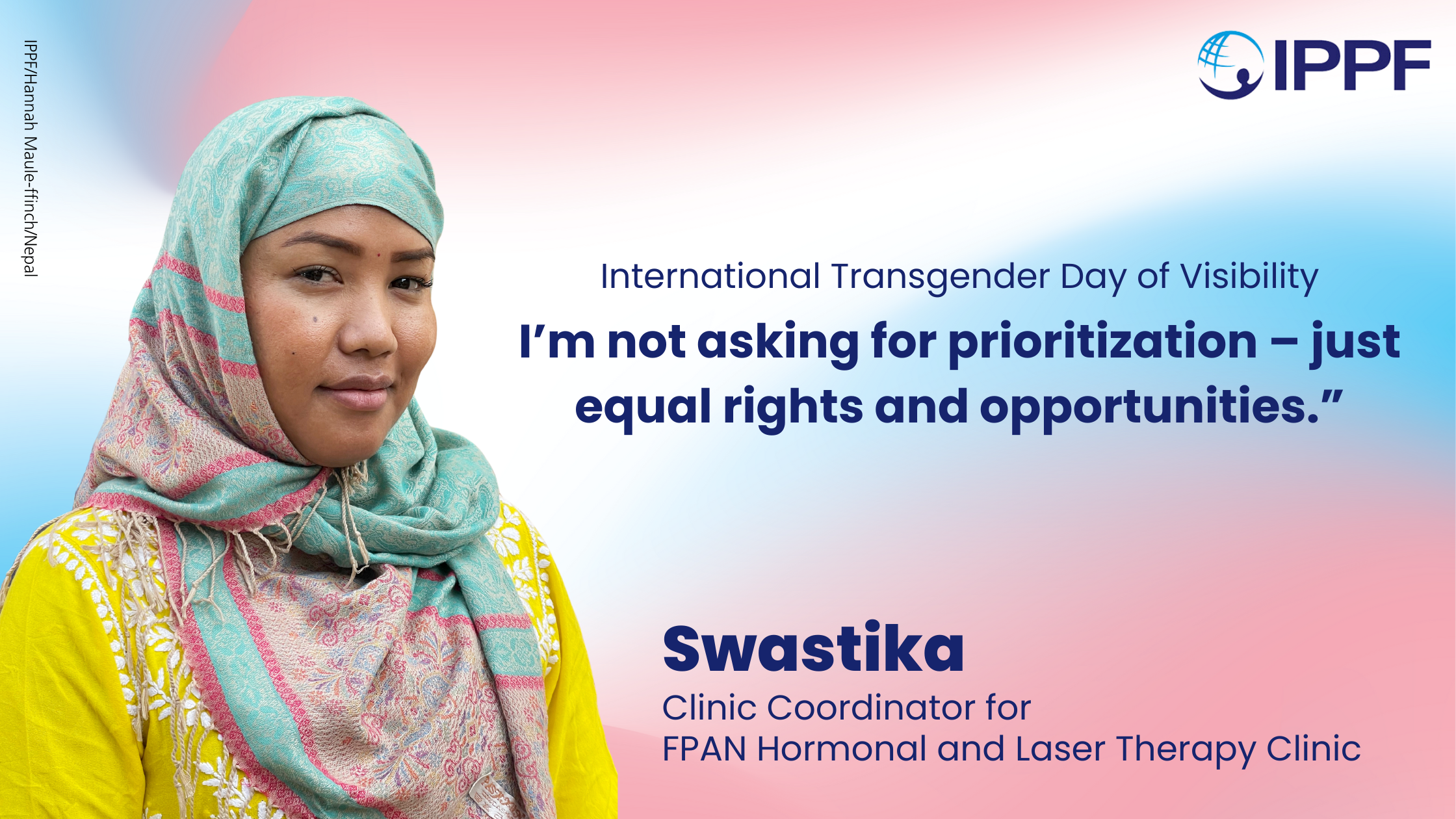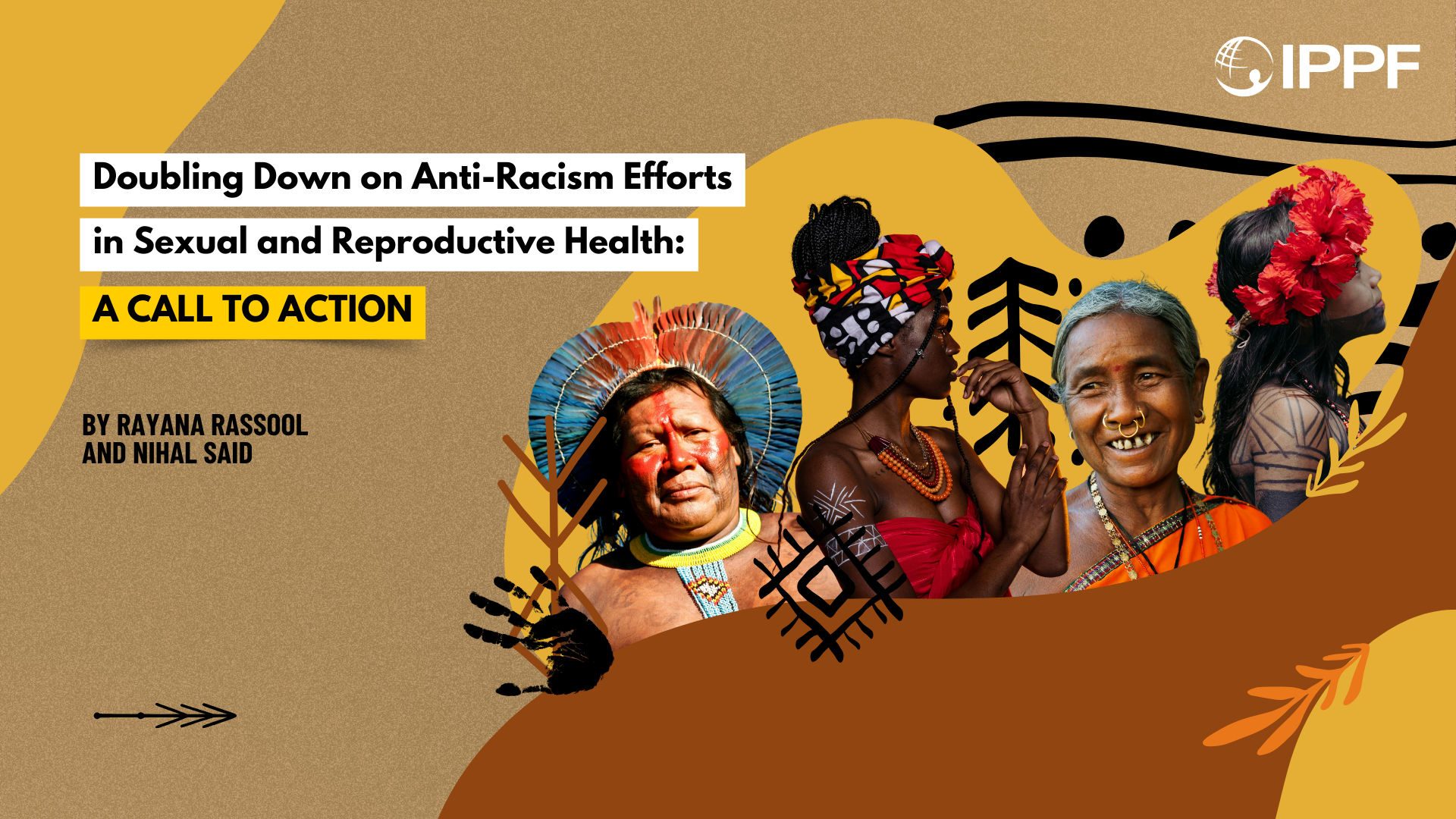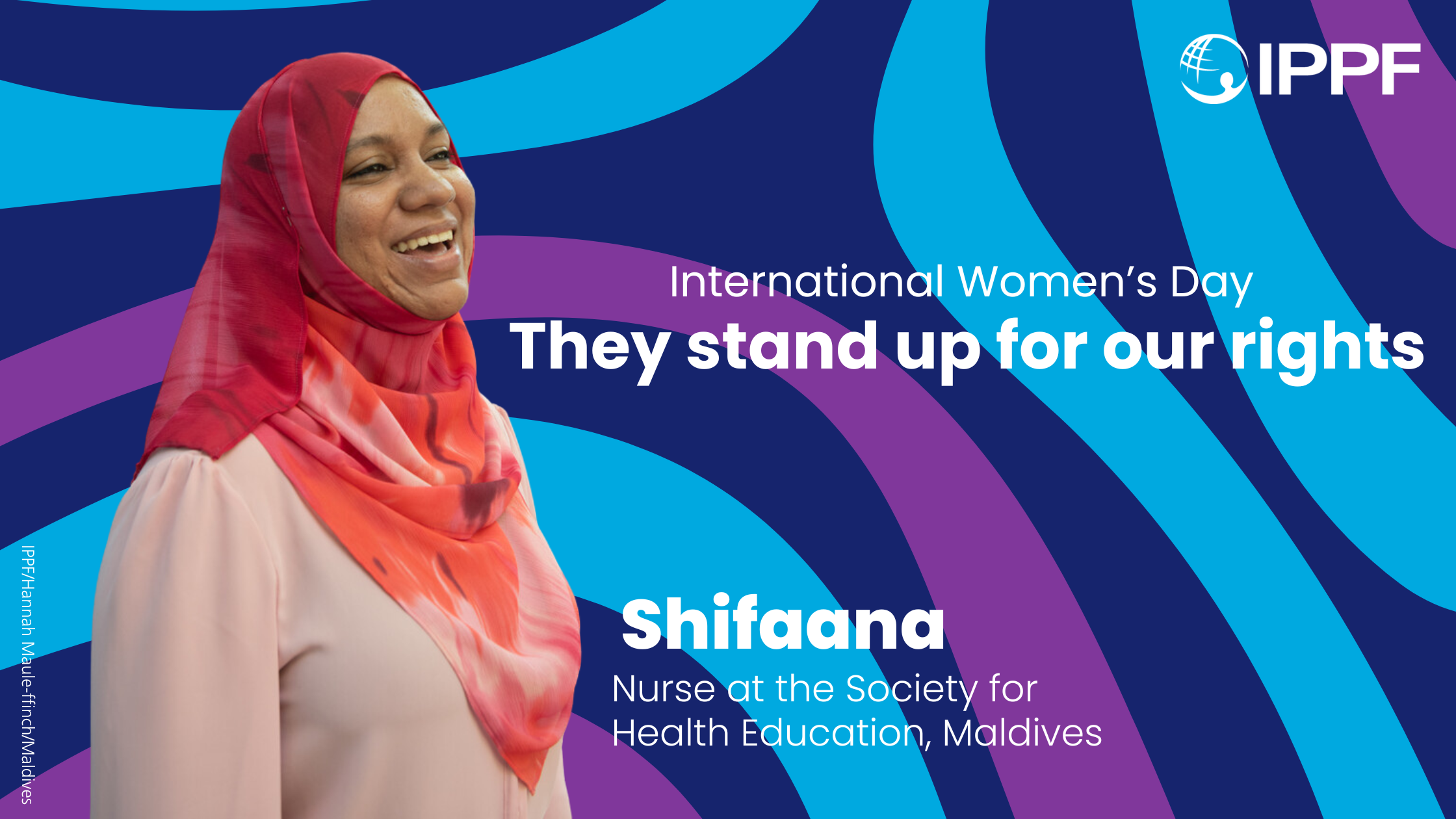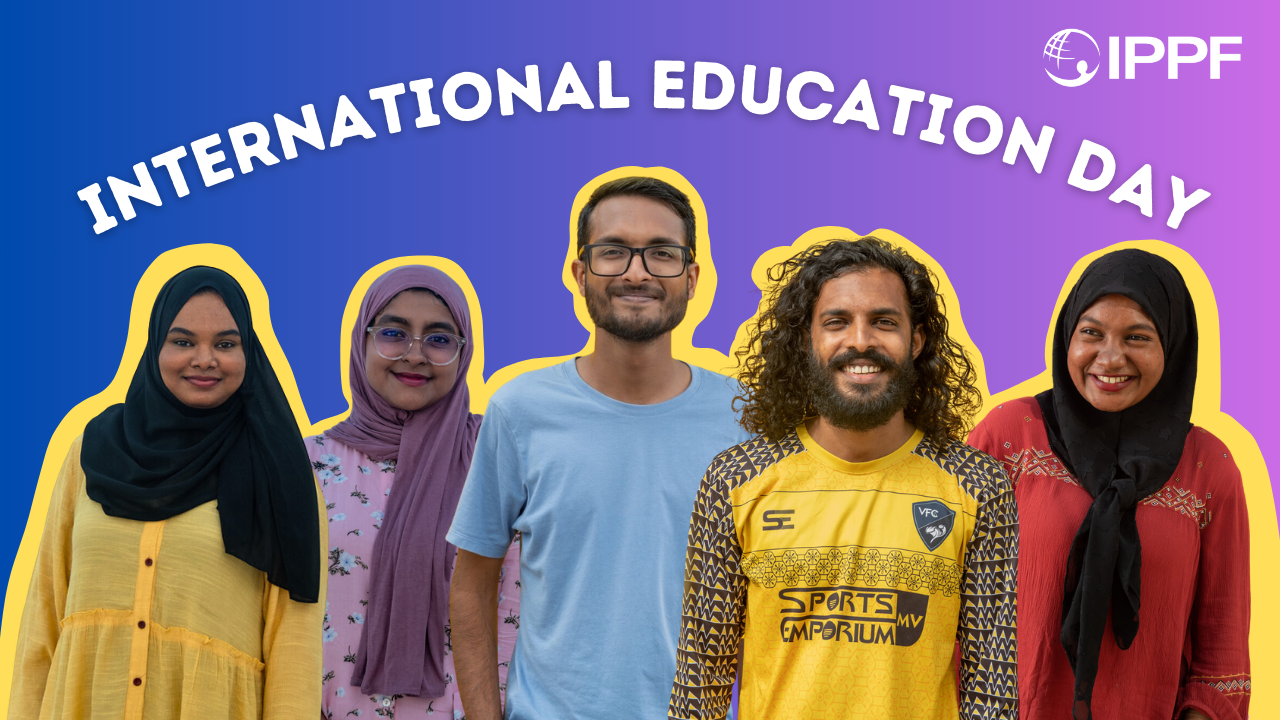
Latest Blogs
A selection of blogs from across the Federation
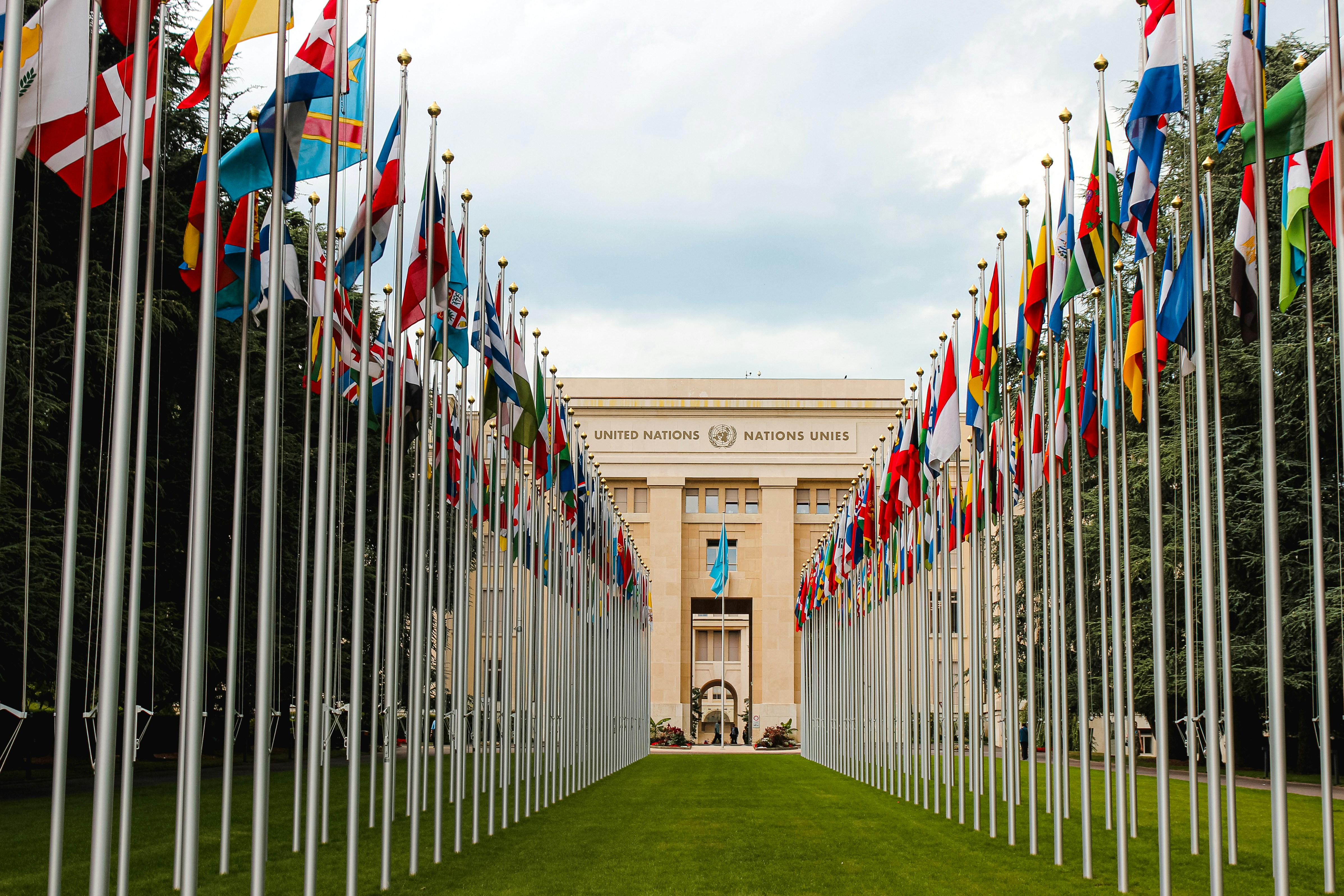
Multilateral diplomacy only as powerful as the voices who push for peace
On this International Day for Multilateralism and Diplomacy for Peace, let's recommit ourselves to championing the rights and dignity of women and girls in conflict zones.

11 March 2022
The project aims to restore services which have been impacted by COVID-19, particularly to marginalized populations such as young people, people living in poverty, and people with disabilities.
20 June 2018
IPPF are working with local organisations in Bangladesh to help meet the sexual and reproductive healthcare needs of the Rohingya.
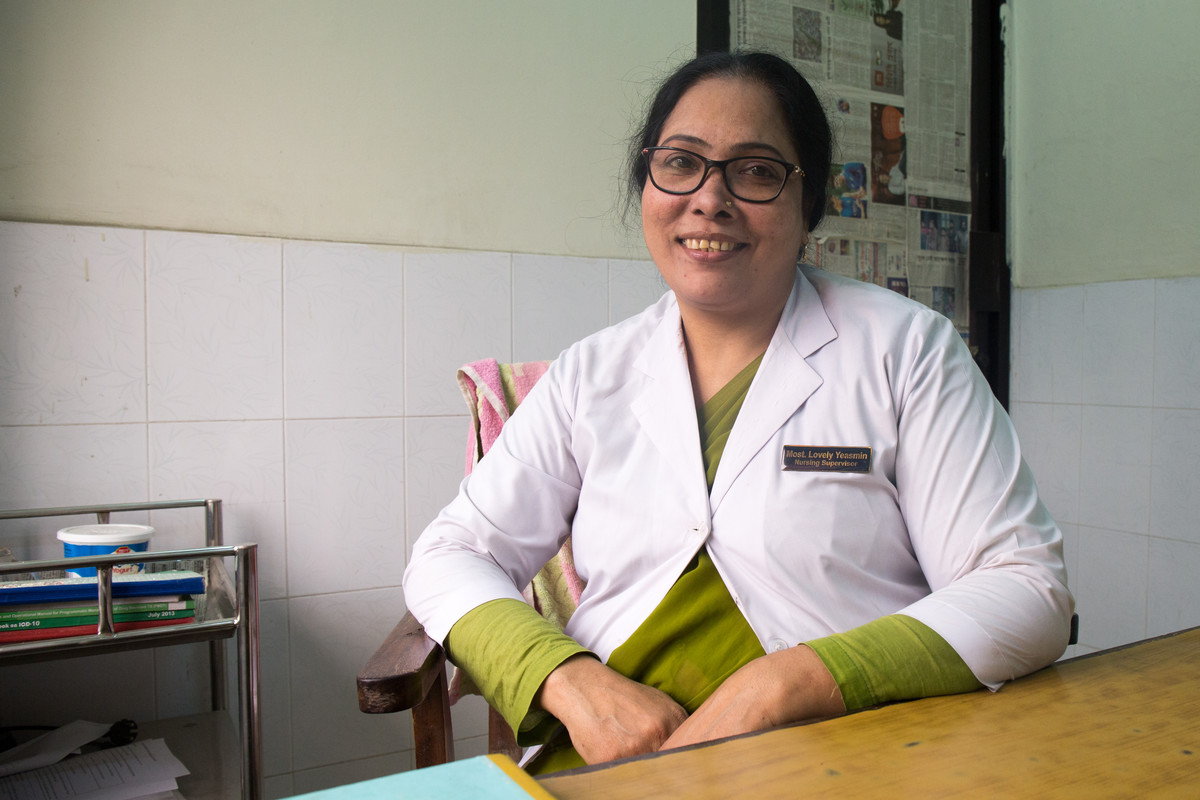
08 February 2018
In Bangladesh menstrual regulation, the method of establishing non-pregnancy for a woman at risk of unintended pregnancy, has been a part of the country’s family planning program since 1979 and is allowed up to 10–12 weeks after a woman’s last menstrual period.








